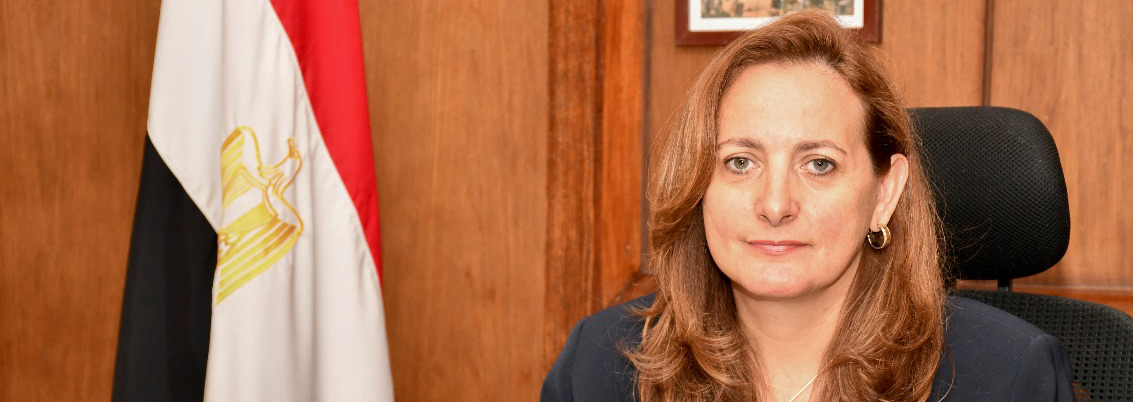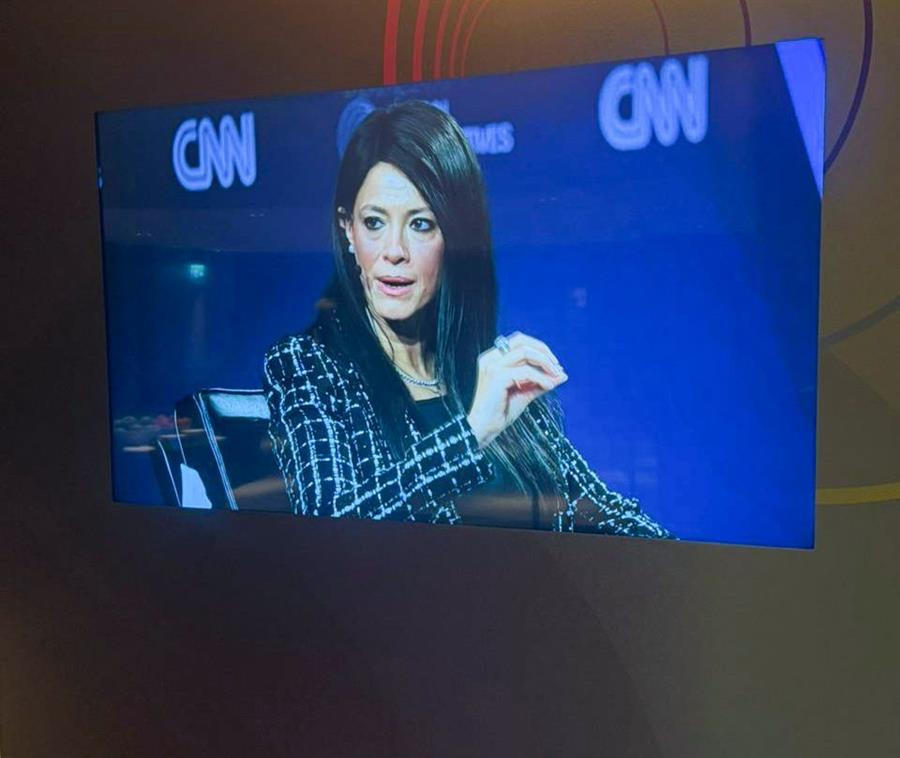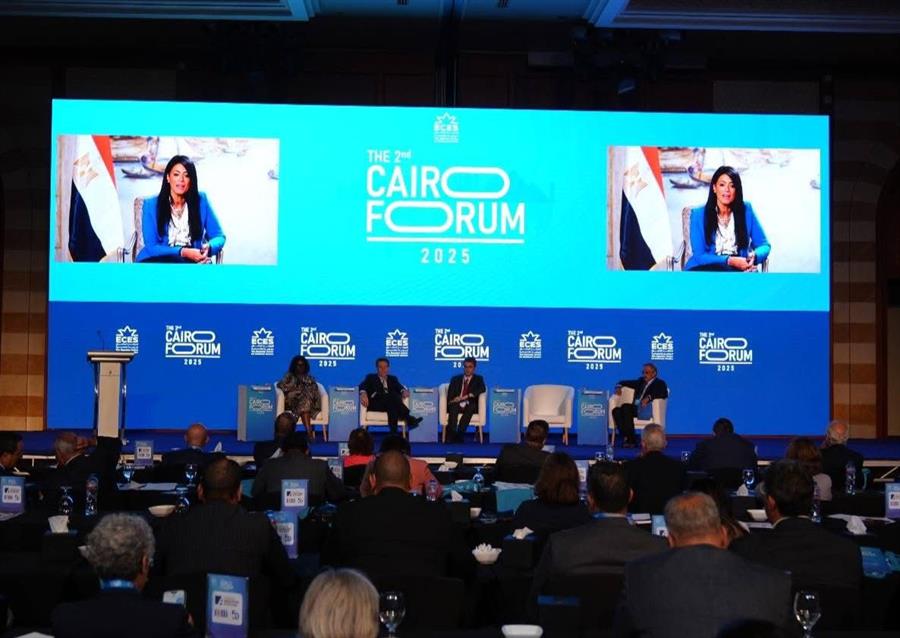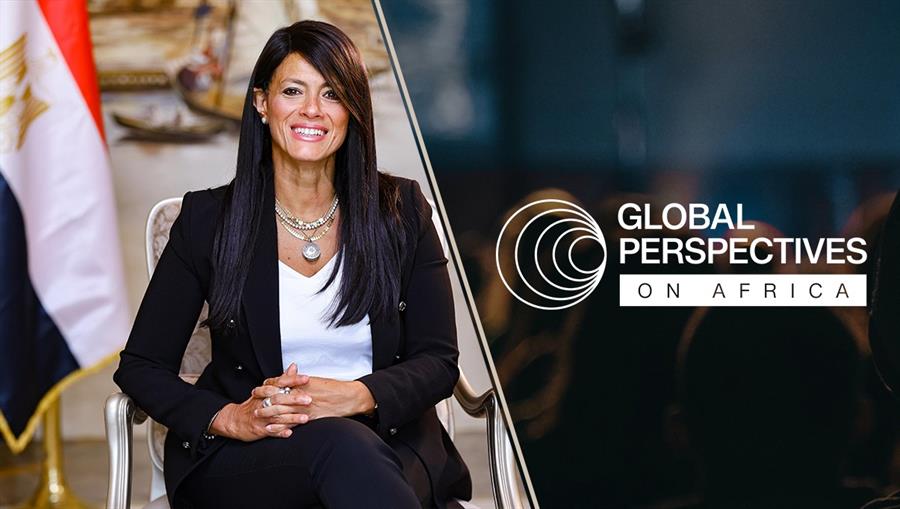NIGSD’s Executive Director participates in a high-level policy dialogue on the project “Towards Child-Friendly Justice in Egypt”

18 November 2021
Dr. Sherifa Sherif, Executive Director of the National Institute for Governance and Sustainable Development (NIGSD), the training arm of the Ministry of Planning and Economic Development, and Egypt’s representative in the OECD Committee on Public Governance participated in a high-level policy dialogue on the project entitled “Towards Child-Friendly Justice in Egypt: Understanding Justice Needs and Centered Justice Path About the Child”.
The project will be implemented through the Organization for Economic Co-operation and Development with financial support from the Swiss Agency for Development and Cooperation (SDC).During the first session of the dialogue, which was moderated by Dr. Sherifa Sherif, entitled "Coordination between institutions to support child-friendly justice", she explained that this session aims to present the Egyptian mechanisms and practices in the field of institutional coordination among the main stakeholders working to achieve child-friendly justice in Egypt.Moreover, the session aims to highlight the critical role of cooperation between different sectors and to facilitate exchanges between Egyptian institutions and counterpart countries on the challenges and opportunities available to enhance institutional coordination on child justice in Egypt.Sherif indicated that the goal of the project “Towards Child-Friendly Justice in Egypt: Understanding Justice Needs and Child-Centered Justice Processes” is to support the development of a child-friendly justice system in Egypt by strengthening judicial capacities, institutional coordination, and the effectiveness of the child justice system. At its core, this project also addresses the social dimension of sustainability to help create a safe, just, and equitable society that protects and respects all people, especially the most vulnerable children in our society.
Sherif added that the project includes all sustainable development goals and is directly consistent with SDG 16 (Peace, Justice, and Strong Institutions), which calls for providing access to justice for all and building effective, accountable, and inclusive institutions at all levels.The project is also tackling SDG 17 (Partnerships for the Goals) that calls for stronger partnerships to share knowledge and capabilities between institutions to enhance implementation of the SDGs, along with SDG 11 (Smart Cities and Communities) which is a goal to make cities and human settlements inclusive, safe, resilient and sustainable.Sherif indicated that the project is in line with Egypt's Vision 2030, the National Strategy for Children, the National Human Rights Strategy, the National Anti-Corruption Strategy, the National Strategy for Women Empowerment, and Egypt's 2014 constitution.









